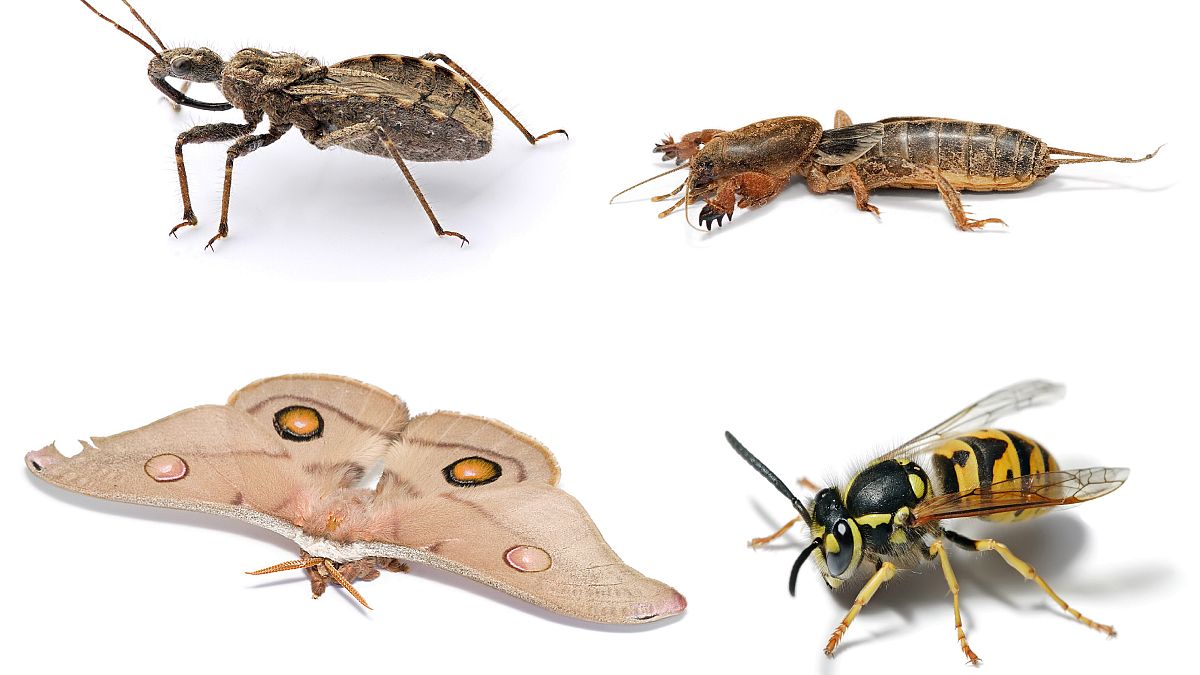Insect Apocalypse: 40% of world species threatened with extinction, report finds
What’s happening?
Over 40% of global insect species are threatened with extinction, scientists said in a new report, marking an unprecedented loss of biodiversity.
A third of the total world’s insects are endangered, the report found, warning that at their current pace of extinction, they might disappear completely in 100 years.
Common species such as butterflies and dung beetles are among the most affected.
Why is it happening?
In the past 4 billion years, previous waves of biodiversity loss have happened on a massive scale as a result of meteorite impacts, long ice ages and volcanic eruptions. Yet this time, the phenomenon is not natural but man-made.
In their report published in Biological Conservation, scientists point the destructive role of intensive agriculture and pollution, mainly caused by the use of pesticides and fertilisers.
Urbanisation and climate change are also having an impact on the world’s insect population, the report said.
What can be done?
“A rethinking of current agricultural practices, in particular a serious reduction in pesticide usage and its substitution with more sustainable, ecologically-based practices, is urgently needed to slow or reverse current trends,” scientists said in an alarming call for action.
Applying technologies to clean polluted waters would also help to safeguard insects’ ecosystems, according to the report.
